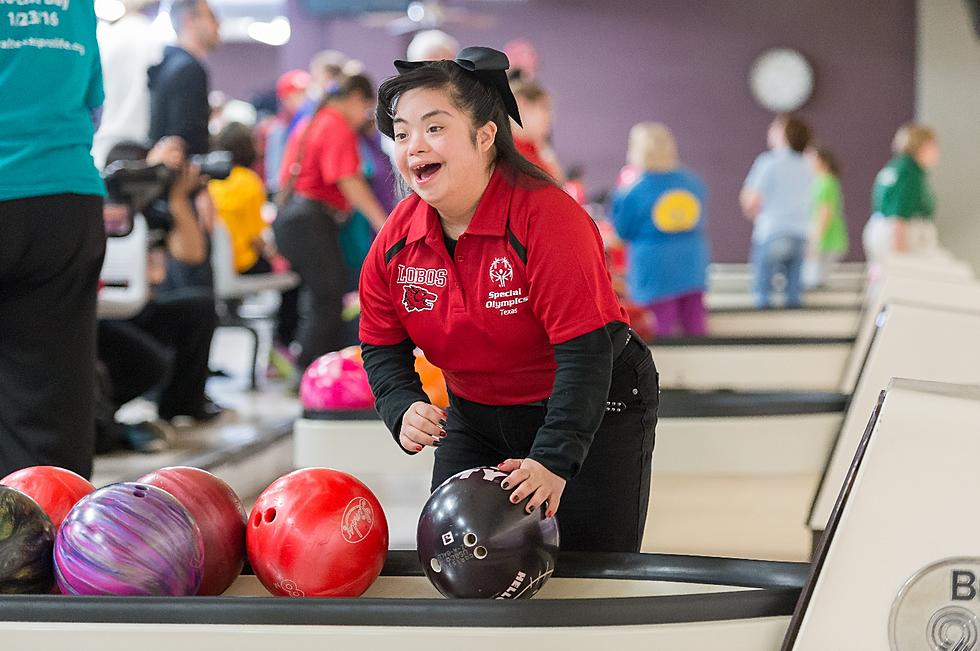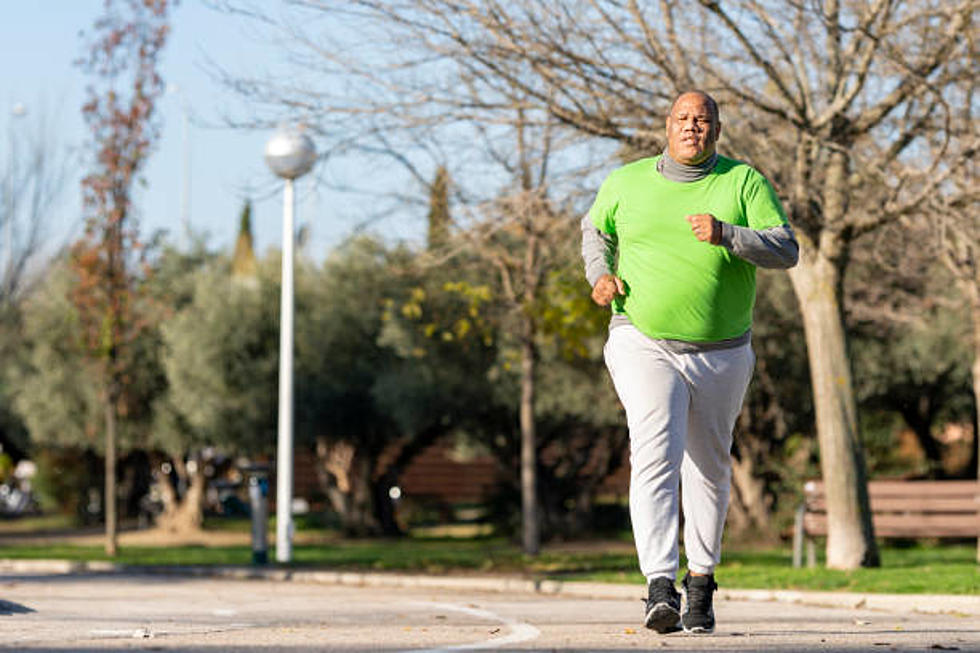
Special Olympics of Texas Recognized in Study
In the largest study to date of people with intellectual disabilities and their families, researchers found that Special Olympics Texas leads the nation in the employment of athletes with intellectual disabilities in competitive environments.
The study also showed that children, adolescents, and adults with disabilities experience a significant improvement in self-esteem through participating in Special Olympics in the Lone Star State. The findings of the research were released today.
One-third (34 percent) of the SOTX family members surveyed reported that their athletes have gainful employment. And 72 percent of those athletes are employed in integrated or competitive work environments—a higher rate of competitive employment than Special Olympics athletes nationally.
The landmark study, conducted by the Center for Social Development and Education at the University of Massachusetts Boston, surveyed more than 300 Special Olympics Texas athletes and more than 2,000 family members during Spring 2016.
Although Special Olympics Inc. conducted a national study of Special Olympics athletes and families in 2008, the Texas study is the first of its kind done by a State Special Olympics Program and is the largest study ever of its kind.
“We will use the data to refine and improve the programs that we provide our athletes with intellectual and developmental disabilities,” said Margaret M. Larsen, president and CEO of Special Olympics Texas.
“I’m proud that we are the first Special Olympics chapter in the United States to delve deeper into the needs of our athletes and their families.”
Dr. Gary Siperstein, who directed the study, said he is encouraged by the survey’s findings. “Special Olympics is working.”
“When you look at what’s happening, Special Olympics Texas athletes are becoming part of their communities. We have been successful in improving the lives of children, adolescents, and adults,” he said.
According to the findings, 70 percent of SOTX athletes with intellectual and developmental disabilities show “a lot” of improvement in their self-esteem and self-confidence because of their participation in SOTX sport programs, and 57 percent of family members have substantially increased their expectations for their athlete’s future because of SOTX.
SOTX provides year-round sports training and athletic competition in 22 Olympics-type sports for children and adults with intellectual disabilities. The program, which started in Texas in 1969, serves more than 55,000 Texans of all ages.
Among other findings in the survey (based on the reports of athletes’ family members):
Special Olympics Texas Athletes:
- 65 percent of athletes improved their sports skills “a lot”
- 63 percent of athletes greatly improved their relationships with others
Family Members:
- 61 percent of family members reported that they were “a lot” more hopeful about their athlete’s future because of their involvement in Special Olympics Texas
- 55 percent of family members have increased their involvement in the community “a lot” because of their family’s involvement in Special Olympics Texas
“Participation in Special Olympics allows families to expect more out of their children with intellectual disabilities,” Siperstein said. “The benefits of Special Olympics go well beyond the playing field and act as a bridge to the rest of the community.”
Researchers also found that athletes in Texas participate in Special Olympics almost 5 years longer than their counterparts nationally. According to their family members, the adult athletes surveyed have participated in Special Olympics for an average of 14.4 years.
Key findings about the SOTX athlete (based on the reports of athletes’ family members):
- 79 percent of athletes join SOTX through school-based programs, most often between the ages of 2 and 10.
- The median age of the SOTX athlete is 17 years, ranging from 7 to 64 years old. The age distribution is heaviest among school-age children (ages 7-20) at 66 percent.
- 36 percent of SOTX athletes have an intellectual disability, such as Down Syndrome, and there is an increasing number of athletes with autism spectrum disorder.
“Texans can be proud that we are leading the way in learning more about Special Olympics Texas athletes and their families,” Larsen said.
Dr. Mike Abbott, former SOTX board member, said the 2016 Texas study is a good start. “We will do a comprehensive follow-up within three years, but plan to do some smaller-scale studies on other topics where we want to learn more about our athletes and families, including subjects such as health care and employment.”
Special Olympics Texas (SOTX) is a privately funded non-profit organization that changes lives through the power of sport by encouraging and empowering people with intellectual disabilities, promoting acceptance for all, and fostering communities of understanding and respect. SOTX provides continuing opportunities for more than 55,200 children and adults with intellectual disabilities throughout the Lone Star State to realize their potential, develop physical fitness, demonstrate courage and experience joy and friendship. To learn more, visit www.specialolympicstexas.org or call 800.876.5646. Engage with them on: Twitter @SOTexas; Facebook fb.com/SpecialOlympicsTX; YouTube youtube.com/specialolympicstexas.
More From 97.5 KGKL









